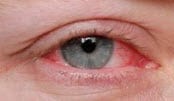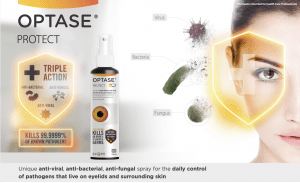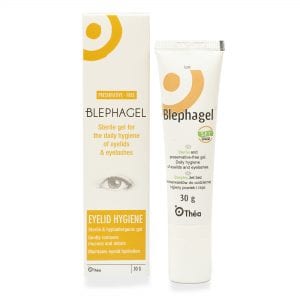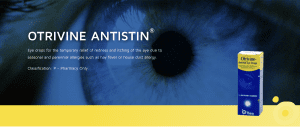
07 Nov Allergies that affect the Eye
Allergy type symptoms like runny or itchy noses, sneezing, coughing and sinus infections, affect a large majority of people.
But an unlucky percentage of allergy sufferers, experience most of their symptoms through their eyes.
With allergies that principally affect the eyes, also called “allergic conjunctivitis,” are due to exposure to allergens like dust mites, pet dander, pollen and mold. These allergens inflame the tissue that lines the inside of the eyelid called the conjunctival layer.
Any condition that cause an inflammatory response in this tissue is call conjunctivitis, a name very familiar to people. While the term is familiar to many they may not realise there are several we develop conjunctivitis e.g. virus or bacterial infection, trauma injuries, contact lens wear and allergies.
Allergic type symptoms include burning, itchiness, tearing, swelling leading to a gritty sensation.
Some patients report blurred vision and fatigue, usually associated with the dryness. Eyes can become so painful and irritated that they disrupt everyday life.

Allergic eye
What’s the best way to avoid eye allergies? It is almost impossible to completely avoid allergens like dust. For this reason, most people turn to over-the-counter or prescription medications. No more than hand washing has shown in the COVID pandemic great reduces the prevalence of the common cold and flue, mask wearing greatly reduces the susceptibility to inhaling these air born allergens.
Allergies that affect the eyes can be especially challenging for people who wear contact lenses. Some people will simply avoid wearing contacts during high allergy season. Others opt for allergy-friendly lenses, like daily disposables. In particular, one-day contact lenses avoid build-up and eliminate exposure to irritating cleaning and disinfecting solutions.
We offer the following tips for people living with eye allergies:
- Don’t touch or rub your eyes. Rubbing your eyes can damage tissue. Also, if you have anything on your hands, you risk getting it in your eyes.
- Wash your hands often with soap and water. If you do happen to touch your eyes with your hands, it is safer if your hands are clean.
- Wash your bed linens and pillowcases often. At least once a week, wash your sheets and pillowcases in hot water and detergent. The hot water will help remove airborne allergens that have fallen on you sheets and will kill dust mites.
- Avoid wearing eye makeup. Cosmetics can cause eye allergy symptoms or further irritate eyes that are already experiencing an allergic reaction.
- Don’t share eye makeup. You can easily transfer infectious bacteria through shared makeup tools.
You do not have to tolerate itchy, watery eyes. If you suffer from eye allergies, see your optometrist about possible treatment options.
Please email us at info@opticalrooms.com if you have any specific questions you may have. Book your eye appointment for a better understanding of your condition and how to treat it.
Recommended treatments.
Prevention: Optase Product
Maintenance
Blephagel eyelid cleanse.
Treatment, From your pharmacist you can purchase without a prescription Otrivine Antistin.


